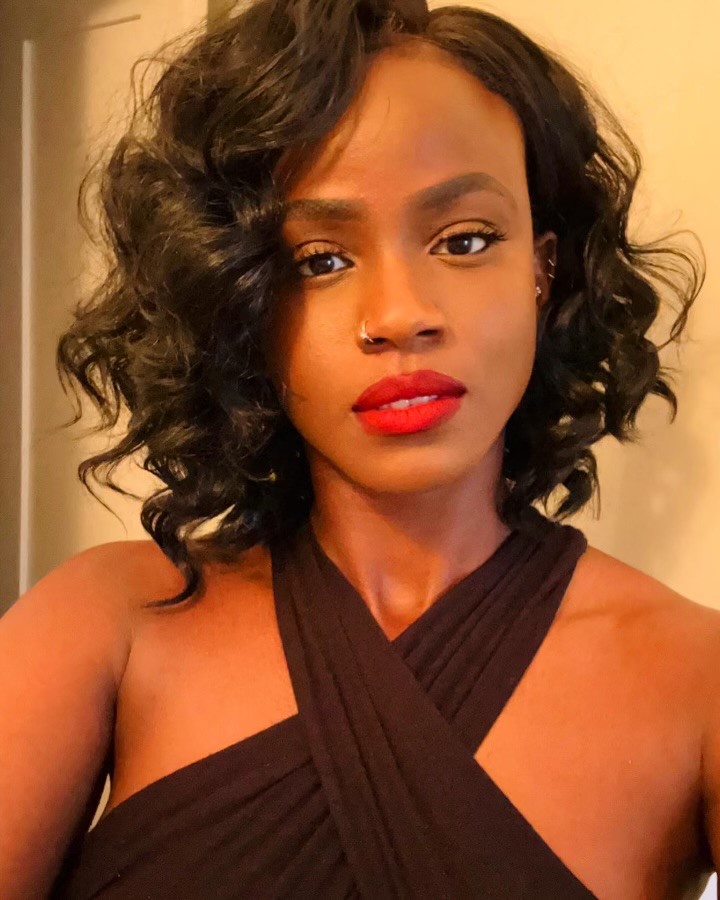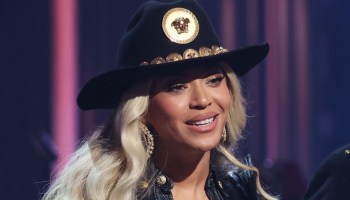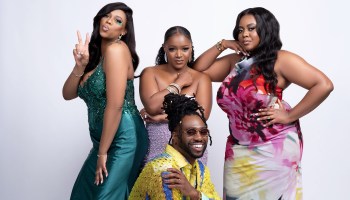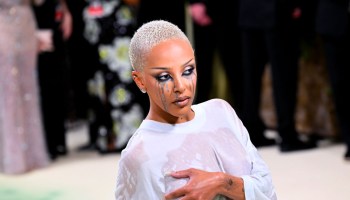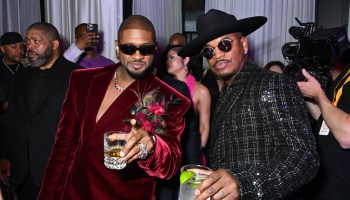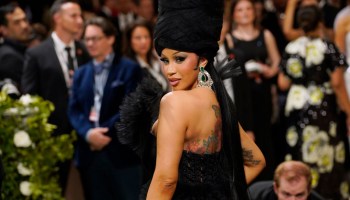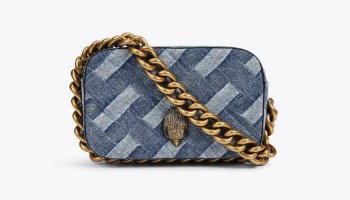“Who are you really?” is a question that has gnawed at the inside of my brain for months. At 33, I was admittedly naive at how fragile the foundation of my identity was. In October, after leaving my health editor role at a top publication on disability leave, I was forced to reckon with the idea that my “I am” was built on roles that society, corporations, and educational systems assigned to me. And like any structure built on sand, in one big wave, it can all be washed away in an instant (and that’s exactly what happened).
I went into shock after a traumatic incident, last year. Compounded with decades of built up stress it became impossible to show up as a strong leader. I suffered from relentless flashbacks, emotional dysregulation, and insomnia. My panic attacks felt like every “no” I was forced to choke down over a lifetime, now vomiting inconveniently. My body was in grief, not just from what had recently happened to me, but from years of uncried tears and unexpressed pain, which was now bubbling over and leaking into every crevice of my personal and professional relationships. I was forced to stop, and I had to take a close look at how suppressed emotions led me here.
MUST READ: Tia Mowry Shares How Therapy Led Her To Divorce
In retrospect, I don’t blame myself for the less authentic chapters of my life, because indoctrination sets in really early for little Black girls. As a tall, dark skin child, who was always on the thicker side, I was adultified very early. Not only by older men who preyed on me, but also by women who observed my size, stature, and speech and automatically assigned descriptors like “leader,” “strong,” or “resilient” to me as a kid. While those are great qualities to embody fully as an adult, as a child, I internalized those narratives as all I could be, and built my sense of self as a fragmented version of the person I am fully. It took almost a year in therapy to own the parts of me that require deep support, rest, flexibility, sensitivity, and a lot of alone time.
Up until now, I plowed through prep school, university, and corporate America only allowing for those “strong” qualities to seep through. As a Black girl in predominantly white institutions, this masking was crucial for my survival, and I pat myself on the back for making it through all that fire as a highly sensitive Black woman. But “making it” professionally came at the cost of my mental, physical, and spiritual body, a cost that at this point in my life is way too much to bear.
MUST READ: Iconic Tia Mowry Characters That Speak To Our Inner Black Girl
My fight to take disability leave from work was a matter of life and death, but because I was so attached to my “roles,” the guilt about dropping everything at once was crippling. I don’t know how I could’ve survived that process without therapy.
As a health editor, I always believed in therapy, but pride has a sneaky way of making you think you don’t need the medicine that you prescribe to everyone else. Now don’t get me wrong, I had tried therapy before. In my early 20s while navigating a breakup, I did a few months with a therapist that was helpful, but I lost my job and the health benefits that came with it, so I could no longer afford it. I tried to go again in the beginning of 2022, but I, unfortunately, wound up with a therapist that made racially charged comments throughout our sessions. So I write this as someone who has been through the wringer when it comes to finding steady care.
The therapist I have now came from a referral from one of my dearest friends, who had been gently urging me to try her out for weeks before I finally reached out. I realized it wasn’t just procrastination that made me put off seeking help — it was fear. Not only from my prior bad experience with therapy, but actual fear about what it would look like to dig into the rawest, most vulnerable parts of my psyche. Therapy is work, but it’s the kind of work that frees you, if you’re honest. The longer it’s put off, the more liable you are to explode in unsuspecting ways that can harm yourself and others. Therapy is about you, but the entire Black community can benefit from your healing.
So I started my most successful therapy journey in Fall of 2022. I don’t even have words to accurately express how painful, but ultimately enlightening, the process has been. By parsing through suppressed childhood and adult trauma, I was finally able to identify the parts of myself that I had kept hidden because there wasn’t a safe space for me as a Black girl or a Black woman to own those aspects of me fully. My need for flexibility was overshadowed by corporate urgency. My need for alone time was drowned out by the voices of everyone I felt obligated to comfort at my own expense. My sensitivity and fears were bludgeoned by my desire to be known as brave, loud, and courageous for others. My ache for deep rest was ignored because I was scared I would lose relationships because I couldn’t show up. Through hundreds of pages of journaling, yoga, and weekly therapy, I learned that just because people want to see me, doesn’t mean I always want to be seen.
As the Jay-Z lyric goes, “Nobody built like you, you design yourself,” and therapy has unraveled me to the point where I’m finally working hand in hand with God to discover my original blueprint: as a rebel, as a creative artist, and as an emotionally intense woman who likes to dive in deep and fast. I’d prefer a long hike to the club most weekends, and I’d take a cup of tea at home with my best friend over large crowds any day. I’m as extravagant as I am simple. I like to read my Bible alone as much as I like to rage like a rockstar, and the version of me that shows up varies from day to day, and that’s okay. People aren’t always going to like that, and that’s okay. As my therapist tells me, “Adults can handle being disappointed.”
My work in therapy has shown me that I can compassionately hold all the parts of myself at once because those pieces are what make me a whole, full, human. I would be remiss not to mention that owning who I really am has come with loss — I’ve seen lifetime friendships dissolve overnight, and I still have some family members and people from my past blocked. Boundary setting is one of the hardest parts of healing, but the peace that comes on the other side has been worth every goodbye or uncomfortable conversation.
I’ve never given myself a greater gift than the time and space to heal through therapy. I have seen in real-time, the more honest I’ve gotten with myself, the more authentic my relationship to myself and others has become, and that’s the foundation of a healed and happy life. I can’t wait to see what’s next.
Keyaira Kelly is an editor, writer, and poet based in Brooklyn. Each week, Keyaira’s column The Beautiful Word, takes readers inside the margin notes of her bible, where she mines through scripture to find golden nuggets of wisdom to help us see ourselves and the people we love through God’s eyes. You can follow Keyaira @keyairakelly on Instagram and check out her podcast Talk To Your Mom on all streaming platforms. If you have any feedback or topics you’d like to see discussed in the column, contact Keyaira at keyairawritenow@gmail.com.
More From Our ‘Truth’ Issue:
Tia Mowry Is Living In Her Truth
Letter From The Editor: Tia Mowry Is In Her Blessings Era
BTS: Tia Mowry Covers HelloBeautiful ‘Truth’ Cover
Therapy Helped Me Find My Authentic Self After Job Loss And Trauma

